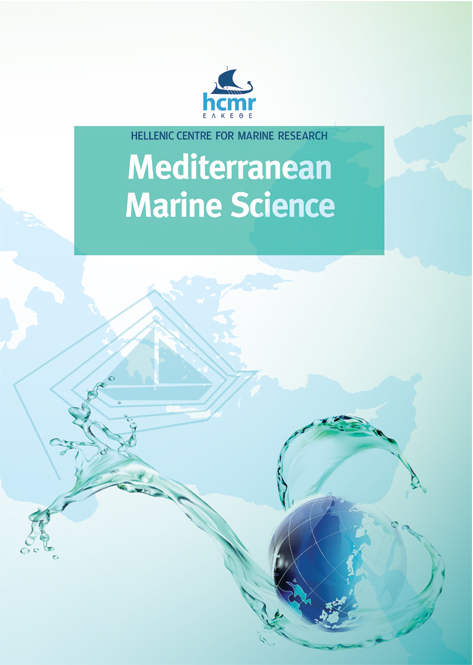Discarded fish on the Spanish Mediterranean coast: influence of season on fatty acids profiles
Résumé
This work focused on determining the fatty acid (FA) composition of commonly discarded fish on the Spanish Mediterranean coast in winter and summer to assess their potential use as raw sources of very long-chain polyunsaturated fatty acids (VLCPUFAs). Total n-3 VLCPUFA content significantly varies depending on capture season, and values were higher in winter for Pomadasys incisus (1.36 g/100 g), Chelidonichthys lucerna (1.67 g/100 g) and Trachinus draco (2.04 g/100 g), while Pagellus acarne had larger n-3 PUFA amounts in summer (3.89 g/100 g). Generally for most species, monounsaturated FA, eicosapentaenoic acid (20:5n-3) and total FA had higher values in summer, while both the n-3 VLCPUFA fraction and DHA content were higher in winter. Knowledge of these changes allows the processes for their proper use as valuable PUFA sources to be adjusted. The discarded fish herein studied could be generally considered to be raw n-3 VLCPUFAs sources.
Article Details
- Comment citer
-
SUÁREZ, M. D., SÁEZ, M. I., RINCÓN-CERVERA, M. ÁNGEL, HIDALGO, L., & GUIL-GUERRERO, J. L. (2021). Discarded fish on the Spanish Mediterranean coast: influence of season on fatty acids profiles. Mediterranean Marine Science, 22(2), 232–245. https://doi.org/10.12681/mms.24909
- Numéro
- Vol. 22 No 2 (2021)
- Rubrique
- Research Article
Authors who publish with this journal agree to the following terms:
- Authors retain copyright and grant the journal right of first publication with the work simultaneously licensed under a Creative Commons Attribution Non-Commercial License that allows others to share the work with an acknowledgement of the work's authorship and initial publication in this journal.
- Authors are able to enter into separate, additional contractual arrangements for the non-exclusive distribution of the journal's published version of the work (e.g. post it to an institutional repository or publish it in a book), with an acknowledgement of its initial publication in this journal.
- Authors are permitted and encouraged to post their work online (preferably in institutional repositories or on their website) prior to and during the submission process, as it can lead to productive exchanges, as well as earlier and greater citation of published work (See The Effect of Open Access).





